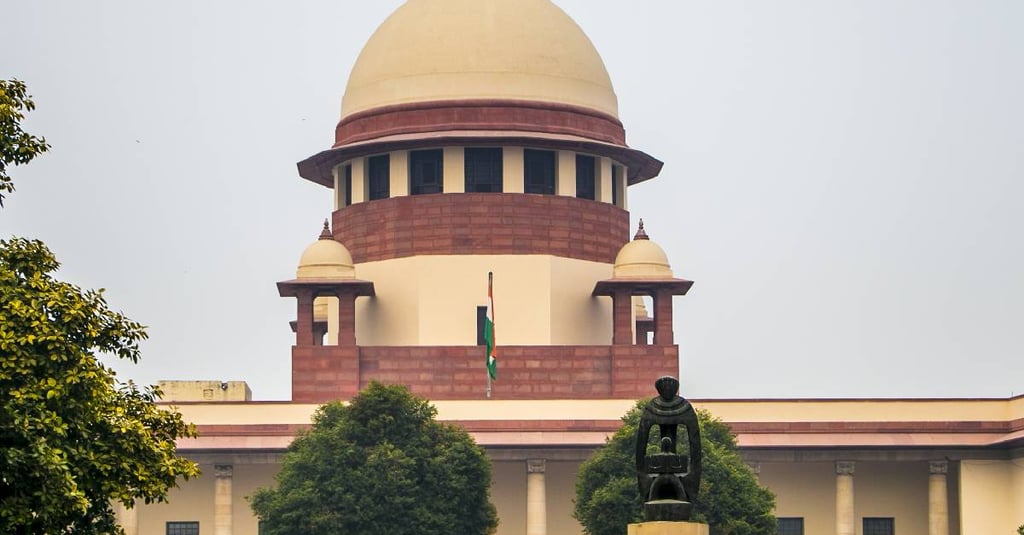Supreme Court strikes down state-specific domicile; What does it mean for Sikkim
Over the years, domicile certificates have played a crucial role in determining eligibility for government jobs and various other state-specific benefits in Sikkim.
LOCAL


In a historic judgment delivered on January 29, the Supreme Court of India ruled that the concept of state-specific or regional domicile has no legal standing in the country’s framework. The verdict came while striking down residence-based reservations in postgraduate medical admissions, declaring them unconstitutional. The apex court said that all Indian citizens share a single domicile—“Domicile of India”—and any state-wise distinction in domicile is inconsistent with the principles of the Indian Constitution.
The ruling, pronounced by a bench comprising Justices Hrishikesh Roy, Sudhanshu Dhulia, and SVN Bhatti, is expected to have far-reaching consequences for several states, including Sikkim, where domicile policies have historically played a crucial role in governance and employment. The Court observed that while domicile is a legal concept meant for countries with multiple legal systems, India operates under a uniform legal framework, rendering state-based domicile provisions invalid.
Sikkim, which became a part of India in 1975, has long maintained special protective measures for its indigenous communities. The state’s unique demographic and cultural composition has been safeguarded through various legal and constitutional provisions, including domicile-based reservations in education, employment, and government schemes. However, with the Supreme Court’s latest ruling, questions have emerged regarding the future validity of these measures.
Over the years, domicile certificates have played a crucial role in determining eligibility for government jobs and various other state-specific benefits in Sikkim. The state government has implemented policies that give preference to Sikkimese residents in areas such as employment within state services. The Supreme Court’s ruling now calls into question whether such policies can continue in their existing form.
The judgment builds upon the precedent set in the 1984 case of Pradeep Jain vs. Union of India, in which the Supreme Court had already expressed reservations about the misuse of domicile-based policies by state governments. The Court reiterated that "domicile" is a legal term that determines personal law rather than an individual’s place of residence. It clarified that while states may define residence for administrative purposes, domicile cannot be used as a criterion for granting exclusive benefits.
Article 15 of the Indian Constitution prohibits discrimination based on place of residence, and Article 16(3) specifies that only Parliament—not state legislatures—has the power to enact laws prescribing residence requirements for public employment. The Supreme Court, in its latest ruling, reaffirmed these constitutional provisions, stating that any domicile-based preference in jobs must be legislated by Parliament to ensure uniformity across India.
For Sikkim, which has a history of special protections under Article 371F of the Constitution, the ruling raises questions about the extent to which state-specific laws can be sustained. While Article 371F provides autonomy to Sikkim in certain matters, including its land laws and administrative regulations, the Supreme Court’s ruling suggests that domicile-based benefits in employment may not withstand constitutional scrutiny unless backed by a parliamentary law.
